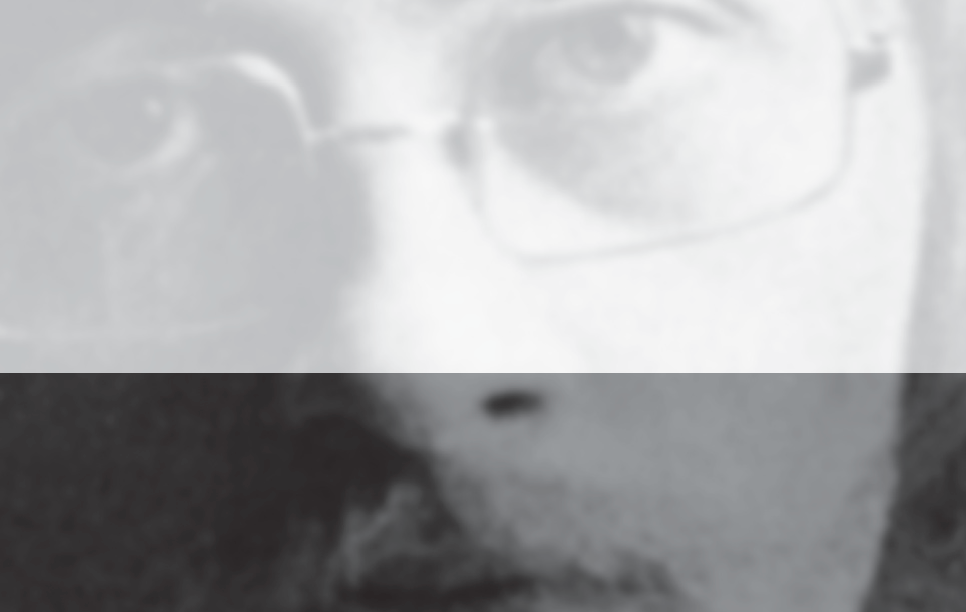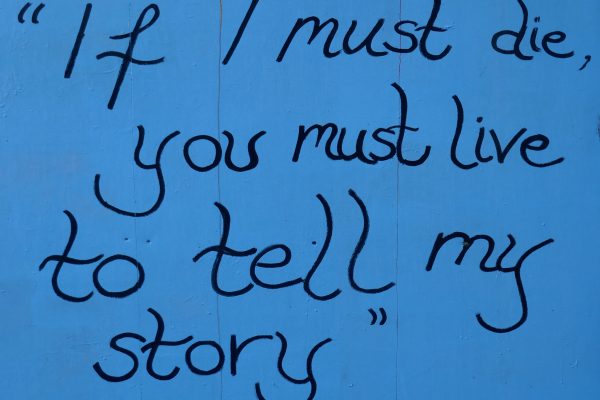Letters to a Stranger
by Thomas James
With an introduction by Lucie Brock-Broido
Graywolf, $15.00 (paper)
This painful and exquisite book has, as they say, a history, even a ghost story, attached, and that mystery thankfully comes with a curator. Thomas James’s slim and only volume has been the passion (and even self-admitted obsession) of Lucie Brock-Broido for over three decades, and out of print for just as long. James, gay, aloof, obscure, a product of the rusting mill-town of Joliet, Illinois, died of an apparent suicide in 1974, a year after his lyric and death-entranced Letters to A Stranger was first published. He and it slid away largely unnoticed; one (and perhaps the sole) review of the work disparagingly called James a “pale-Plath.” After a small print run, James’s delicate labors seemed destined to sink into oblivion. Yet Brock-Broido, who encountered James in the ’70s in a workshop led by Richard Howard, became devoted to finding both his work and his traces. In the poems, she heard an irreplaceable music that she has shared with every generation of students she has taught since. Now, thanks to Graywolf’s Re/View series, she has exhumed and re-presented it for us all. The results are at once vital and chilling. Plath-like was right, but that wayward reviewer’s remark was also tone-bland, tone-erasing. Certainly these poems are poppy-filled and mummy-wrapped, but they also follow an undulant and peculiar muse of their own. As Brock-Broido rightly argues, they are dialogues rather than copies. Like the Ariel sequence, James’s poems fondle and embroider the delicate veil between life and death. They pose the poem—that written artifact of language, meant to be blown through with breath—as some hybrid of life and death, which at once speaks from beyond and is patterned beyond mere speaking. James’s poems heighten the weltered patterns of language that Plath left us—and also glint with their own uncanny light. Brock-Broido has made her own catalog of the poems’ many stunning sonic and imagistic unsettlements, but any reader would be tempted to do the same. In “Room 101,” a poem in which the speaker gradually turns to stone: “My nurse / Is frayed behind her spectacles.” In “Carnations”: “If you had wanted to ignite this room, / You should have settled for a honey-jar.” In “Old Woman Cleaning Silver”: “It is the kind of pain that comes / Out of the heavy silvers of the mirror / Or the white fields at the end of December.” Not every poem charms completely—some fall on a dead note; among the poems about dry leaves, they too seem parched—but much more often their curious blend of strangeness and music is intoxicating. The triumph of the volume, and of the inner ear that tuned them, and of its recovery, is indisputable. It frequently stops a reader in her tracks, only to retrace them: “I have sketched the soft orchard, the whorl of time. / A gold leaf skips over the hardwood floor, / And nobody minds what these dark things have become.”






